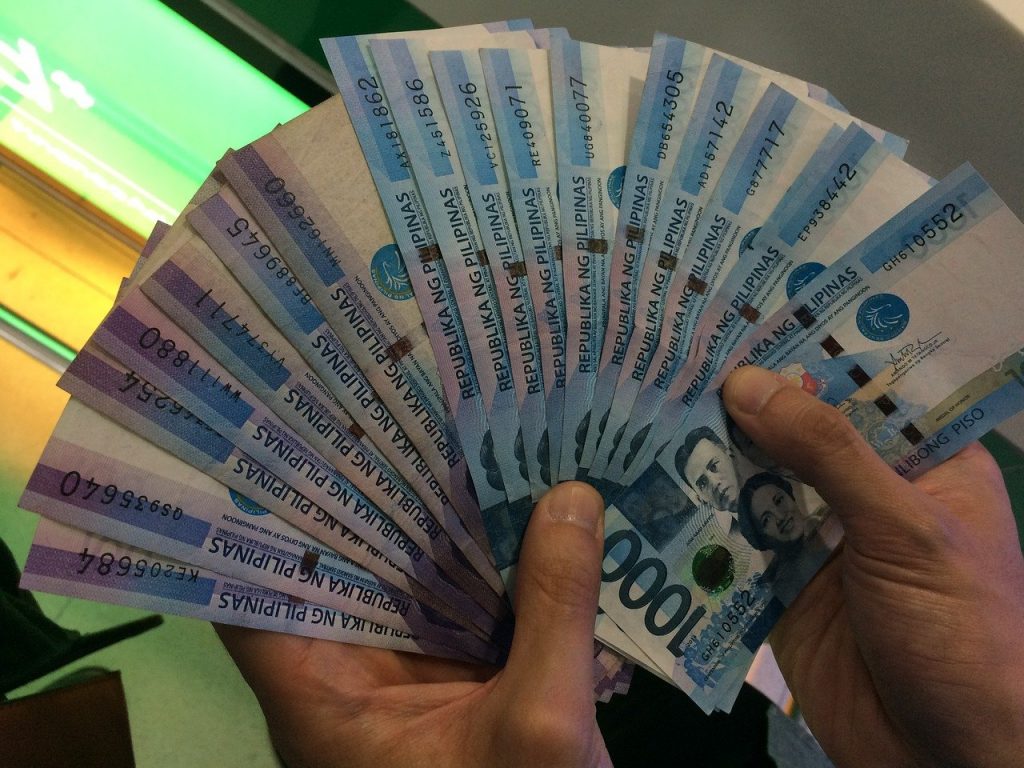Business and Economy
PH to correct deficiencies after landing on ‘dirty money’ list

MANILA – The Philippine government commits to correct its deficiencies after the country returned to the gray list of the Financial Action Task Force (FATF), an international watchdog that aims to combat money laundering and the financing of terrorism.
“This means we as a country made commitments to correct deficiencies within a particular timeframe. Hence, it is under increased monitoring,” Finance Secretary Carlos Dominguez III told reporters in a text message.
Aside from the Philippines, Haiti, Malta, and South Sudan also landed on FATF’s gray list.
These countries now need to submit progress reports to FATF thrice a year — in January, May, and September.
In a separate statement, Bangko Sentral ng Pilipinas Governor Benjamin Diokno said the country will submit its first report in September this year.
“The Philippines has adopted compliant laws and regulations, (b)ut it is not sufficient. The Philippines need time to implement them to demonstrate the effectiveness of anti-money laundering and counter-terrorism financing measures,” Diokno said.
He cited efforts of the government to address the 70 action plans identified in the 2018 Mutual Evaluation, which is now down to 18.
“The National Anti-Money Laundering/Combating the Financing of Terrorism Committee or NACC is also addressing the remaining ICRG (International Co-operation Review Group) action plans,” he added.
The central bank chief also echoed that the government remains “strongly committed to swiftly resolve the deficiencies identified in the 2018 Mutual Evaluation even amidst the Covid-19 (coronavirus disease 2019) pandemic”.
He added that although the Philippines was reverted to the ‘dirty money’ watchlist, the country will not face any sanction for being a “jurisdiction under increased monitoring”.
“The Philippines will be delisted from ‘gray list’ upon successful completion of all action plans — hopefully on or before January 2023,” Diokno said.





















